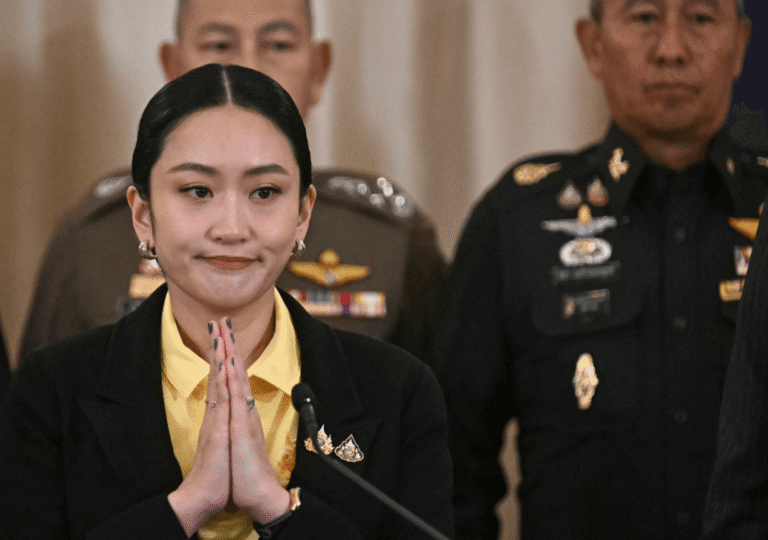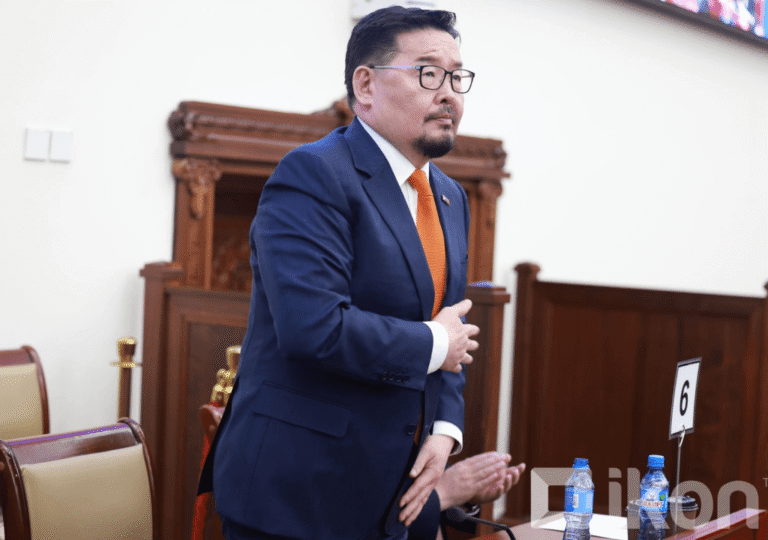Amid the challenges of the United States trade war, Hong Kong, the special administrative region of China, is grappling with a backlash. The protests for democracy, viewed as a catalyst for the deterioration of Hong Kong’s standing by the United States, have led to a significant retraction of American businesses from the region. However, China, emerging as a new superpower, is extending support to Hong Kong, ensuring the continuity of trade through the territory. In pursuit of this objective, the new government in Hong Kong is actively fostering stronger ties with Southeast Asia, especially Malaysia.
In a recent development, at a celebration commemorating the tenth anniversary of the Malaysian Chamber of Commerce, the newly appointed Chief Executive of Hong Kong, a special administrative territory of China, committed to strengthening collaboration between Malaysia and Hong Kong to support free-trade agreements among ASEAN member nations. Malaysia, a crucial member of the Association of Southeast Asian Nations (ASEAN) and Hong Kong’s second-largest economic partner, plays a vital role in this initiative.
Acknowledging the strategic significance of ASEAN in its comprehensive plans, Hong Kong is actively expanding its corporate engagements. Chief Executive John Lee Ka-chiu underscored that this pivotal collaboration goes beyond mere trade statistics. He highlighted Hong Kong’s contributions to the Economic and Technical Cooperation Work Programme under the free-trade agreement between ASEAN and Hong Kong, expressing optimism about the future. The event attracted a diverse audience, including ambassadors and representatives from over 30 international trade associations.
The Malaysian ambassador to China, Norman Bin Muhamad, who was present at the reception, expressed his hope for an intensified relationship between Malaysia and Hong Kong in the future. He emphasized that the success of this ongoing collaboration is a result of sustained and diligent efforts by all stakeholders over the years. He added, “It is our responsibility to ensure the relationship will endure and grow.”
Chief Executive John Lee Ka-chiu conducted a week-long tour of ASEAN nations, including Singapore, Indonesia, and Malaysia, last year. During this tour, he oversaw the signing of 33 agreements covering various areas such as trade and commerce, investment and finance, innovation and technology, logistics, academic research, and cultural exchanges. Among these agreements were 11 deals with Malaysia, including a significant railway and property agreement with Hong Kong’s MTR Corporation for a rapid transit project connecting the city of Johor Bahru and Singapore, with an estimated cost of about 10 billion ringgit (US$2.2 billion).
Anthony Loke, Malaysia’s transport minister, expressed admiration for the property development funding model employed by Hong Kong’s MTR Corporation during the 2023 visit by Chief Executive John Lee’s delegation. Loke indicated openness to expanded collaboration with MTR Corp in various locations across Malaysia. Additionally, Malaysia, Indonesia, and Singapore have endorsed Hong Kong’s membership in the Regional Comprehensive Economic Partnership (RCEP), the world’s largest free-trade bloc, comprising 15 Asia-Pacific countries, including the ASEAN group. During a meeting with consuls general of ASEAN countries, Lee reaffirmed his commitment to fostering closer ties between Hong Kong and the group.
The prevailing trend in Southeast Asia reflects a growing affinity toward China. The surge of Chinese investments in infrastructure development and technology serves as a clear indicator of a significant shift in the region, where China is gradually assuming a more central role. Notably, Hong Kong is no longer detached from China, and the actions of the Hong Kong premier should be interpreted in conjunction with China’s strategic movements in the region.








